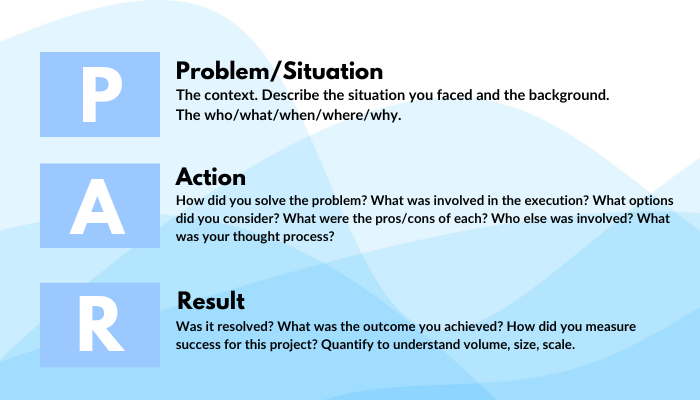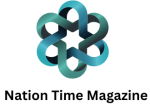Interview questions dealing with Ambiguity

In today’s dynamic work environment, the ability to navigate ambiguity is a prized skill. With rapid technological advancements, shifting market landscapes, and unpredictable global events, employers seek individuals who can thrive amidst uncertainty. Recognizing this, interviewers often pose questions aimed at assessing a candidate’s comfort level and proficiency in dealing with ambiguity. Whether you’re a seasoned professional or a fresh graduate, understanding how to handle such questions can significantly enhance your interview performance. Let’s delve into the intricacies of interview questions dealing with ambiguity and explore strategies to tackle them effectively.
Understanding Ambiguity in the Workplace
Before delving into interview questions, it’s essential to grasp the concept of ambiguity in the workplace. Ambiguity refers to situations characterized by uncertainty, lack of clarity, or multiple interpretations. These scenarios often arise when faced with incomplete information, complex problems, or unforeseen challenges. In today’s fast-paced business landscape, professionals encounter ambiguity regularly, requiring them to make decisions amidst uncertainty.
Common Interview Questions on Ambiguity
- Describe a situation where you had to deal with ambiguity in a project or task. How did you handle it?This question assesses your past experiences with ambiguity. When responding, provide a specific example highlighting the context, challenges faced, actions taken, and outcomes achieved. Emphasize your ability to remain composed, gather relevant information, and make informed decisions despite the lack of clarity.
- How do you prioritize tasks when faced with ambiguity or conflicting information?Interviewers ask this question to gauge your prioritization skills under uncertain circumstances. Share your approach to gathering insights, evaluating potential outcomes, and aligning priorities based on available information. Emphasize flexibility, adaptability, and the ability to adjust priorities as the situation evolves.
- Can you discuss a time when you had to collaborate with a team member to resolve ambiguity?This question evaluates your teamwork and communication skills in ambiguous situations. Describe a collaborative effort where you and a team member navigated uncertainty together. Highlight effective communication, active listening, and collective problem-solving strategies employed to reach a resolution.
- How do you manage stakeholder expectations in ambiguous situations?Employers want to assess your ability to manage relationships and communicate effectively with stakeholders amidst ambiguity. Share examples demonstrating your capacity to provide transparent updates, manage expectations, and solicit feedback to ensure alignment despite uncertain circumstances.
- Describe a project or initiative you led that required making decisions with incomplete information.This question evaluates your leadership and decision-making abilities in ambiguous scenarios. Discuss a project where you assumed a leadership role and successfully guided the team through uncertainty. Highlight your analytical approach, risk assessment strategies, and the rationale behind your decisions.
Strategies for Addressing Ambiguity in Interviews
- Be Prepared with Examples: Anticipate ambiguity-related questions and prepare relevant examples from your past experiences. Structure your responses using the STAR (Situation, Task, Action, Result) framework to provide comprehensive answers.
- Demonstrate Adaptability: Emphasize your ability to adapt to changing circumstances and remain resilient in the face of ambiguity. Showcase instances where you embraced uncertainty as an opportunity for growth and innovation.
- Highlight Problem-Solving Skills: Showcase your problem-solving prowess by discussing how you dissect complex issues, gather insights, and devise viable solutions despite limited information. Illustrate your analytical thinking and creativity in resolving ambiguous situations.
- Emphasize Communication: Effective communication is critical when navigating ambiguity. Highlight your communication skills, including active listening, clarity in conveying information, and fostering open dialogue to mitigate confusion and align stakeholders.
- Showcase Learning Orientation: Emphasize your willingness to learn from ambiguity and adapt your approach based on feedback and insights gained. Employers value candidates who view ambiguity as a catalyst for continuous improvement and personal development.
Conclusion
Mastering ambiguity is indispensable in today’s dynamic work environment, and interviewers often assess candidates’ ability to thrive amidst uncertainty. By understanding common interview questions related to ambiguity and employing effective strategies to address them, you can enhance your interview performance and demonstrate your readiness to tackle challenges in the workplace. Remember to leverage past experiences, showcase relevant skills, and convey confidence in your ability to navigate ambiguity with finesse.





